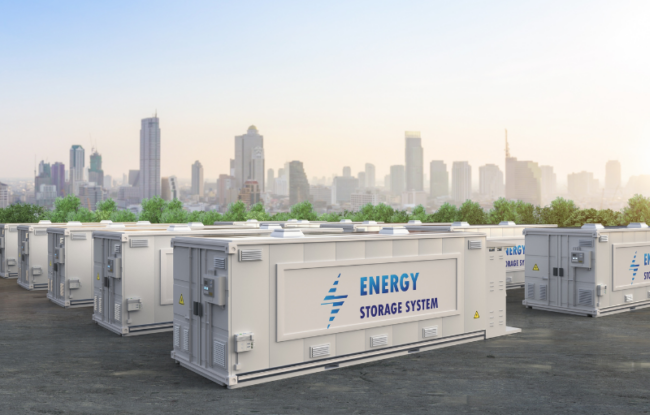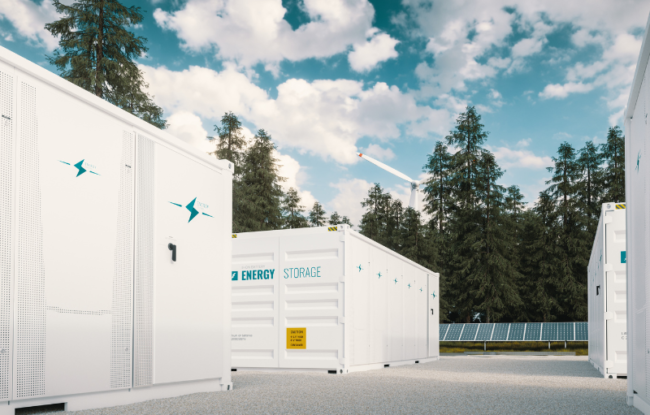Triple Point Energy Efficiency Infrastructure, an investment firm, announced that the Group, via TEEC Holdings, has signed contracts to provide a debt facility to a subsidiary of Virmati Energy to build a portfolio of four geographically diverse Battery Energy Storage System (BESS) assets in the UK (the Portfolio). The total facility amounts to £45.6 million (~$51 million) and carries a fixed interest rate to support TEEC to meet its dividend target.
The portfolio has a total capacity of 110 MW. The first BESS asset is a one-hour duration battery, is expected to become operational in June 2022, located in the North of England, and has a total capacity of 20 MW.
The other three BESS assets are located in Scotland, which is a two-hour duration battery and has a capacity of 50 MW; Wales, which is a two-hour duration battery and a capacity of 20 MW and the Southeast of England, which is a one-hour duration battery and a capacity of 20 MW which is expected to become operational in 2023.
Some key highlights of the facility – funding will only occur once the projects are sufficiently de-risked against construction and operational risks. It is expected that drawdown will take place over the financial year to 31 March 2023; committed amortizing term of 18.25 years following an initial one year period; security including, amongst other rights, charges over the assets of the Borrower; TEEC will receive an arrangement fee, annual monitoring fees, and a non-utilization fee on undrawn amounts of the Facility and the Borrower benefits from an ESG margin ratchet which delivers a potential reduction in the rate payable if ambitious avoided carbon targets are met during trading.
The Portfolio forms part of the pipeline of BESS asset investment opportunities identified by the Company in its announcement of 1 February 2022, including over 500 MW of further assets to be commissioned by Field.
With the continued roll-out of intermittent renewable energy facilities across the UK’s grid, demand for grid balancing and storage services in the UK is likely to stay high. Grid-scale battery systems provide one of the most influential and proven solutions to this requirement, storing power when produced in excess and then making it available when demand is higher. As with other infrastructure asset classes, long-term debt capital has a vital role to play in the scale-up of BESS in the UK.
According to Mercom’s 2021 Battery Storage, Smart Grid, and Efficiency Funding and M&A Report, in 2021, 24 Battery Storage project funding deals were announced, totaling $3.7 billion.




